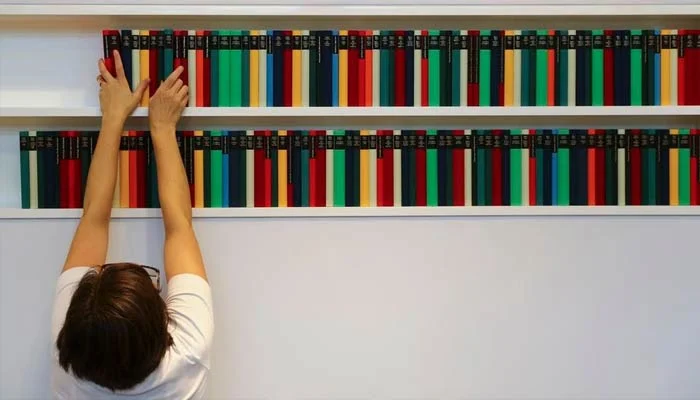Pakistan
Sindh bans ‘inappropriate’ content in CAIE textbooks

Latest News
148 X-ray machines have been allotted to the provinces as part of the comprehensive measures taken to eradicate tuberculosis. This is Dr. Mukhtar.
Latest News
Speech Made by Pakistan’s Prime Minister on the International Day Against Poverty
Entertainment
Karan Johar compliments Chahat Fateh Ali Khan’s ‘Tauba Tauba.’
-

 Entertainment21 hours ago
Entertainment21 hours agoReham Khan’s counsel to Hania Amir between marriage versus career
-

 Latest News20 hours ago
Latest News20 hours agoThe government and the military are successfully combating drug abuse through a nationwide anti-drug operation.
-

 Latest News20 hours ago
Latest News20 hours agoAt a ceremony held at Mirpur, the Prime Minister of Jammu and Kashmir stated, “We will not hesitate to make any sacrifice for peace in the region.”
-

 Latest News20 hours ago
Latest News20 hours agoThe 26th Amendment to the Constitution: The Amendment That Completes the Charter of Democracy: Bilawal
-

 Latest News20 hours ago
Latest News20 hours agoIn the border region, a Lahore police officer was detained for allegedly using drones to smuggle drugs.
-

 Latest News20 hours ago
Latest News20 hours agoJudicial Appointments in the Supreme Court Will Be Made Transparent: Law Minister
-

 Latest News20 hours ago
Latest News20 hours agoPakistan’s Deputy Prime Minister will be present at the Commonwealth Heads of Government Meeting, which will take place in Samoa.
-

 Entertainment21 hours ago
Entertainment21 hours agoThe Punjab government initiates the ‘Dhee Rani’ initiative for underprivileged couples.










